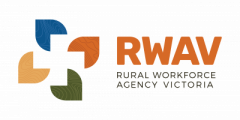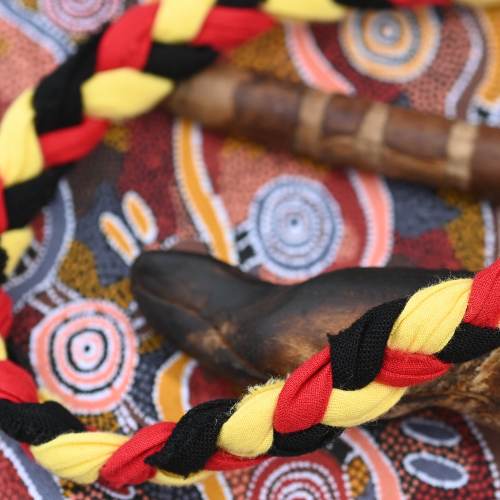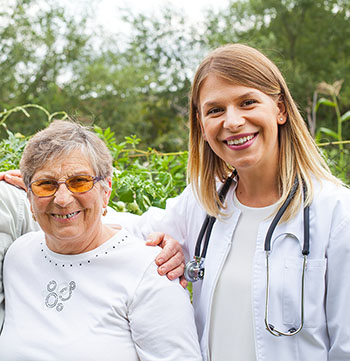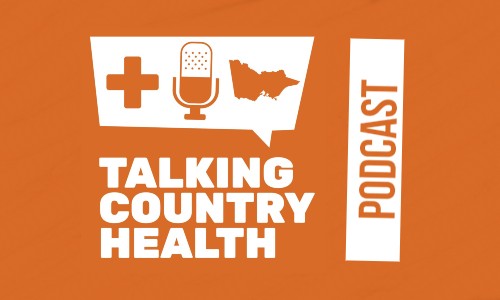Suzanne Muller is a RN working at Bendigo Health. Like many watching the devastation of the bushfire reports over New Years, Suzanne felt that she had a duty to help the affected communities however she could. She grew up in the town of Serpentine, where her dad had been heavily involved in the CFA and she was accustomed to the small community attitude of pitching in to help others in times of need. She responded to a call out she saw from RWAV, requesting RNs to help provide relief work in Corryong – a north-east Victorian town that had been hit hard by the bushfires.
“I donated financially and I donated toothpaste and shampoo and things like that. But when I saw the opportunity to perhaps assist in a slightly more meaningful way because I had some nursing knowledge and skills, then I thought, well, if that can assist them a little bit more, I was more than happy to go there,” said Suzanne.
“I rang my boss and said look this is really important to me, I really want to go and help. And he said yes, I totally support that. I think it’s great what you’re doing. So, with days off and taking a couple of days annual leave I could go up there from Monday to Friday.”
At this time, the roads to Corryong were blocked and only local community members and emergency response teams were allowed through. Suzanne drove to Albury-Wodonga, where she was then picked up by a hospital executive and his wife, and taken to the hospital which would also serve as her accommodation over the next few days.
“The staff were very welcoming, but I could see they were quite traumatized… they were grieving because of the effect on the community,” recounted Suzanne.
“Some of the staff had been evacuated from their homes including the CEO of the hospital. Some staff had been accommodated at the army barracks and one of the girls was 34 weeks pregnant.”
Over the next few days of her placement, Suzanne provided relief for the nursing staff working in the emergency care centre and contributed to cleaning and restocking where needed. She felt her biggest contribution however, was helping staff to open up about their experiences and lend herself as an emotional support. She sensed that the staff did not want to unload their trauma on each other, seeing as they were all going through the same loss.
“Aside from assisting with nursing and the cleaning at the hospital, I think a big part of it is knowing that people outside of the community genuinely care and listen to their story. You know, ask them questions because I think it was almost therapeutic for them,” said Suzanne.
“These are situations that people just shouldn’t have to endure. One staff member explained to me how they initially saw an orange glow and then they saw the flames come up over the rise. And I said, weren’t you scared? And she said, well, we were that busy, I didn’t really have time to think about it. I had a bucket of water with wet towels in it.”
Despite being an outside presence, Suzanne was made to feel welcomed and appreciated by the local community. She recalls walking into town each day in her scrubs, and the community members would always stop to greet her and see how she was doing.
“It was a rewarding experience. It was a privilege to hear those stories directly from the people… And they just seem like such a resilient community.”
